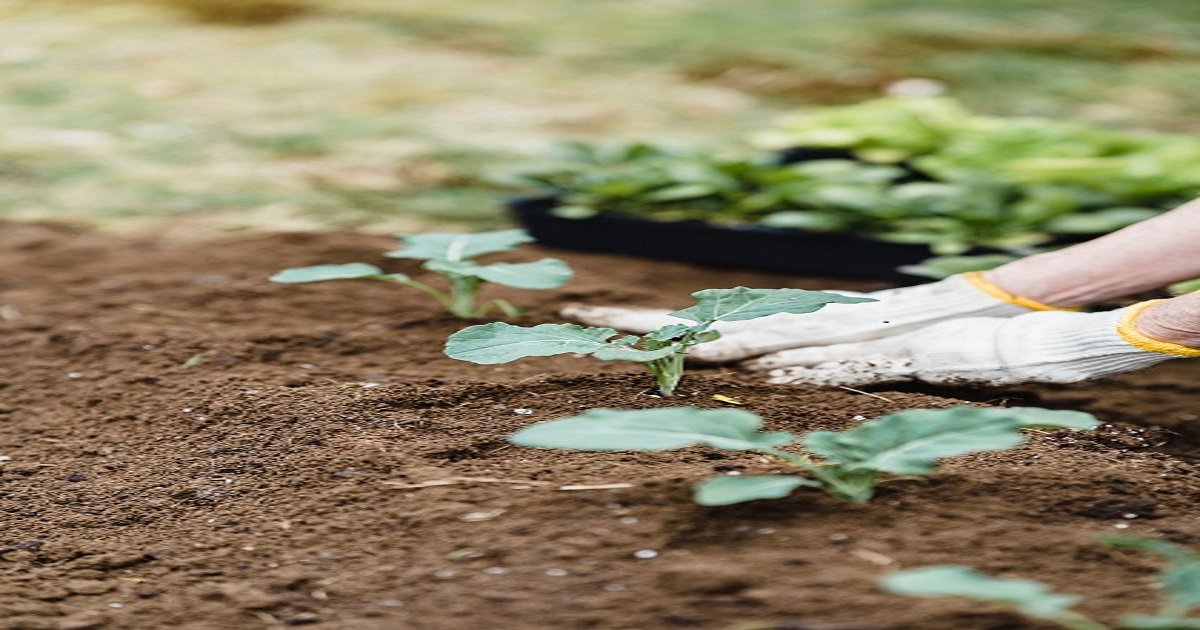Organic Fertilizers and Soil Amendments
A special issue of Agriculture (ISSN 2077-0472). This special issue belongs to the section "Agricultural Soils".
Deadline for manuscript submissions: closed (20 October 2022) | Viewed by 3401

Special Issue Editor
Interests: sustainable agriculture; agribusiness; land evaluation; organic farming; horticulture research; protected cultivation; soilless cultivation; plant growths regulators; plant nutrition; vegetable cultivation; mushroom cultivation; vertical farming; substrate evaluation; nutritional value of vegetables
Special Issue Information
Dear Colleagues,
The aim of this special issue of the Journal Agriculture is to publish scientific news related to improving of the sustainability in agricultural land use. Sustainability is related to specific matters as quality management, diversification in agriculture and horticulture, land use planning, farming system, environmental protection, poverty reduction, income of farmers, market acceptance, etc. In this issue the focus is related to improve the sustainability by improving of the Soil quality characteristics separated in three categories: physical, chemical and biological. Of high relevance for improving of all three characteristics, is the content of organic matter and the C: N ratio. Lack of organic matter in soils is often a problem in many regions in the world, especially if monoculture is common practice. Organic matter deficiency can be the reason for decreasing of the yield, lack of nutrients, leaching of nutrient elements and contamination of ground water and erosion and of agricultural land. Collecting of organic wastes in the municipalities, households and farms for composting in order to supply the soil with composts is from growing importance. Organic wastes from biogas plants or from animal husbandries as well as dung or straw farmyard manure, waste from forestry or sludge of lakes or rivers can be used in order to supply the plants with nutrients and to improve the soil quality and its fertility. Very important is a strategy of environmental friendly use of organic fertilizers for securing a stable and economically sufficient yield.
Prof. Dr. Michael Henry Böhme
Guest Editor
Manuscript Submission Information
Manuscripts should be submitted online at www.mdpi.com by registering and logging in to this website. Once you are registered, click here to go to the submission form. Manuscripts can be submitted until the deadline. All submissions that pass pre-check are peer-reviewed. Accepted papers will be published continuously in the journal (as soon as accepted) and will be listed together on the special issue website. Research articles, review articles as well as short communications are invited. For planned papers, a title and short abstract (about 250 words) can be sent to the Editorial Office for assessment.
Submitted manuscripts should not have been published previously, nor be under consideration for publication elsewhere (except conference proceedings papers). All manuscripts are thoroughly refereed through a single-blind peer-review process. A guide for authors and other relevant information for submission of manuscripts is available on the Instructions for Authors page. Agriculture is an international peer-reviewed open access semimonthly journal published by MDPI.
Please visit the Instructions for Authors page before submitting a manuscript. The Article Processing Charge (APC) for publication in this open access journal is 2600 CHF (Swiss Francs). Submitted papers should be well formatted and use good English. Authors may use MDPI's English editing service prior to publication or during author revisions.
Keywords
- sustainable agriculture
- soil quality
- soil characteristics
- farmyard manure
- green manure
- mineralization
- humification
- organic farming
- biological activities in soil
- type of organic fertilizers
Benefits of Publishing in a Special Issue
- Ease of navigation: Grouping papers by topic helps scholars navigate broad scope journals more efficiently.
- Greater discoverability: Special Issues support the reach and impact of scientific research. Articles in Special Issues are more discoverable and cited more frequently.
- Expansion of research network: Special Issues facilitate connections among authors, fostering scientific collaborations.
- External promotion: Articles in Special Issues are often promoted through the journal's social media, increasing their visibility.
- Reprint: MDPI Books provides the opportunity to republish successful Special Issues in book format, both online and in print.
Further information on MDPI's Special Issue policies can be found here.





